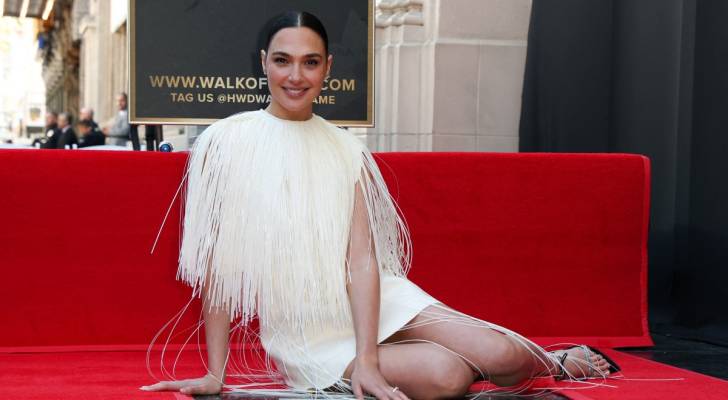
In recent months, growing speculation across social media platforms has reignited longstanding debates about the subtle influence of the Israeli Occupation’s interests in Hollywood and mainstream Western media.
Many users are raising questions about what they describe as deliberate narrative planting — not necessarily promoting overtly pro-“Israel” messages, but rather embedding the country into casual dialogue in television shows, movies, and even comedy, to normalize its presence in the collective Western psyche.
– The role of soft power –
Critics suggest that “Israel’s” public diplomacy — also known as hasbara — has evolved from traditional political advocacy into a sophisticated media strategy aimed at soft influence. This includes casual mentions of “Israel” in non-political contexts, such as throwaway references in sitcoms or dramas, mentions of “Israeli” cities, military, or intelligence agencies like Mossad, or character backgrounds linking them to “Israel”, even when it is not central to the plot.
According to skeptics, the goal is not to convince audiences to support specific policies — but to subtly anchor “Israel” as a normalized, familiar, and “neutral” presence in the minds of global viewers.
– Inserting “Israel” into the background –
Online commentators point to recurring patterns in dialogue where Israel is referenced in offhanded remarks — from television shows like Friends and Gilmore Girls to movies like Captain America: Brave New World and Emilia Pérez. These references, they argue, do not serve the storylines but seem to reinforce “Israel’s” presence in popular consciousness.
One early example appears in the sitcom Friends, where Chandler Bing casually mentions that he is dating a woman who had served in the Israeli Occupation Forces (IOF). The line is delivered in passing and without further commentary. For many viewers, this kind of normalization—where military service in “Israel” is presented as an everyday, uncontroversial fact—is seen as a way to subtly integrate “Israel” into the Western cultural psyche without inviting critical discussion.
In Gilmore Girls, a more overt defense takes place. Rory Gilmore, the show’s central character, finds herself in a college debate where she defends “Israel” against criticisms from her peers. The scene, while brief, frames “Israel” as needing to be stood up for, reinforcing a narrative of constant external pressure or threat—again, without offering space for a deeper or more nuanced conversation.
Marvel’s 2025 movie Captain America: Brave New World goes a step further by introducing a new “Israeli” superhero, Sabra—a Mossad agent. The decision sparked backlash, as many pointed out that glorifying a character associated with an intelligence agency accused of human rights violations plays into state propaganda.
The Oscar-nominated film Emilia Pérez included a scene in which the protagonist travels to “Israel” to find a surgeon willing to perform a sex reassignment surgery (SRS). Viewers questioned the decision, arguing that it constituted a form of pinkwashing—portraying “Israel” as a hub of LGBTQ+ rights to distract from its political actions.
– Gal Gadot’s floating presence –
Adding fuel to the speculation was the recent awarding of a Hollywood Walk of Fame star to “Israeli” actress Gal Gadot — an announcement that surprised many both inside and outside the entertainment industry. Known globally for her role as Wonder Woman, Gadot has faced significant criticism for her bad performances as an actress and comparatively small filmography.









